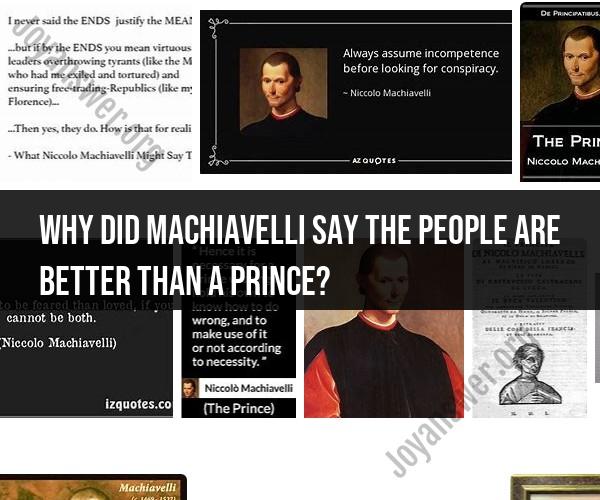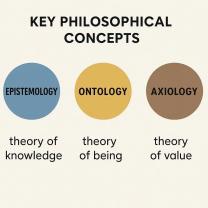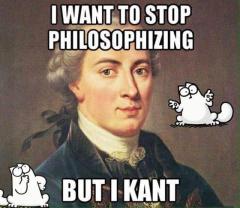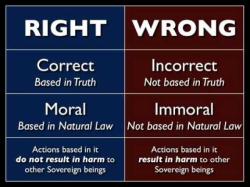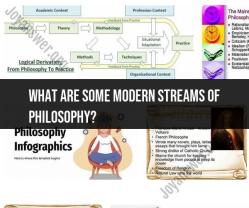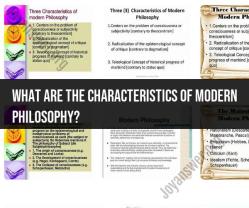Why did Machiavelli say the people are better than a prince?
Niccolò Machiavelli's work, particularly "The Prince" and "Discourses on Livy," is often associated with the idea that he favored strong and effective princely leadership. However, it's important to understand the nuances of Machiavelli's perspective. He did not necessarily argue that the people are universally "better" than a prince. Instead, his views on the people and a prince are complex and context-dependent.
Dependence on Effective Leadership:
- Machiavelli believed that effective leadership was essential for the stability and prosperity of a state. In "The Prince," he discussed the qualities and actions a ruler should employ to maintain power and security. Machiavelli's primary concern was with the effectiveness of leadership, whether it came from a prince or another source.
Machiavelli's Call for Virtuous Leadership:
- While Machiavelli emphasized that a ruler should be ruthless and pragmatic in securing and maintaining power, he also believed that a ruler should have certain virtuous qualities. He argued that a prince should be virtuous when it benefited the state, but they should be prepared to use ruthless means when necessary.
Context of the Time:
- Machiavelli lived during a tumultuous period in Italian history when city-states were often at war and political instability was common. In this context, he believed that strong and effective rulers were necessary to bring stability to the region.
The Role of the People:
- Machiavelli did acknowledge the importance of public support and the role of the people in governance. He recognized that a ruler's power could be fragile without the support and loyalty of the population. However, his primary focus was on the leadership qualities required to maintain authority.
Machiavelli's perspective on leadership is often distilled into the idea that the ends justify the means and that rulers should do whatever is necessary to maintain power. He did not argue that the people are inherently "better" than a prince but rather that effective leadership, whether in the hands of a prince or another governing body, was crucial for the well-being of the state.
It's also worth noting that Machiavelli's views have been widely debated and interpreted in various ways over the centuries, and his writings are often seen as a reflection of the political realities of his time. His works continue to be studied and discussed for their insights into political leadership and statecraft.
Machiavelli's Perspective: Why People Might Be Preferable to a Prince
In his book The Prince, Niccolò Machiavelli argues that a prince should rule by any means necessary, even if it means using deception, violence, and cruelty. He believed that this was necessary to maintain power and stability in a dangerous world.
However, Machiavelli also recognized that the people could be a powerful force in politics. He argued that a prince should avoid making himself too hated by the people, as this could lead to his downfall.
In some cases, Machiavelli believed that the people could be preferable to a prince. For example, he wrote that a republic, where the people are sovereign, is the best form of government. He argued that republics are more stable and less likely to be corrupt than monarchies.
Here are some of the reasons why Machiavelli might have considered the people to be preferable to a prince:
- The people are more numerous and therefore more difficult to oppress.
- The people are more likely to be willing to fight for their own freedom and rights.
- The people are more likely to be loyal to a government that they have a say in.
- The people are more likely to be tolerant of different opinions and beliefs.
Machiavelli's Views on Leadership: Exploring the People vs. Prince Debate
Machiavelli's views on leadership are complex and have been debated for centuries. Some people believe that he advocated for a ruthless and authoritarian style of leadership. Others believe that he was simply a realist who understood the harsh realities of politics.
The debate between the people and the prince is at the heart of Machiavelli's political philosophy. He believed that the prince should be willing to do whatever it takes to maintain power and stability, even if it means using violence or deception. However, he also recognized that the people could be a powerful force in politics and that a prince should avoid making himself too hated by the people.
Machiavelli's Political Philosophy: The Superiority of the People
In his book Discourses on the First Ten Books of Livy, Machiavelli argues that a republic is the best form of government. He believed that republics are more stable and less likely to be corrupt than monarchies.
Machiavelli believed that the people are the source of all legitimate political power. He argued that the prince should be accountable to the people and that the people should have a say in their own government.
Machiavelli's political philosophy was radical for his time. He challenged the traditional view that the king was divinely appointed to rule. Instead, he argued that the people should be the ultimate source of political power.
Machiavelli's ideas have had a profound influence on political thought. His writings have been studied by leaders and scholars for centuries. His work continues to be relevant today, as we continue to debate the best form of government.
It is important to note that Machiavelli's views on leadership and the people are complex and have been interpreted in many different ways. There is no one definitive answer to the question of whether he believed that the people or the prince were preferable.
